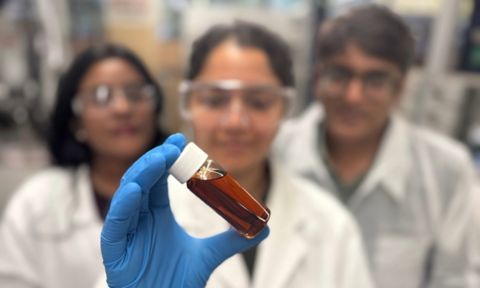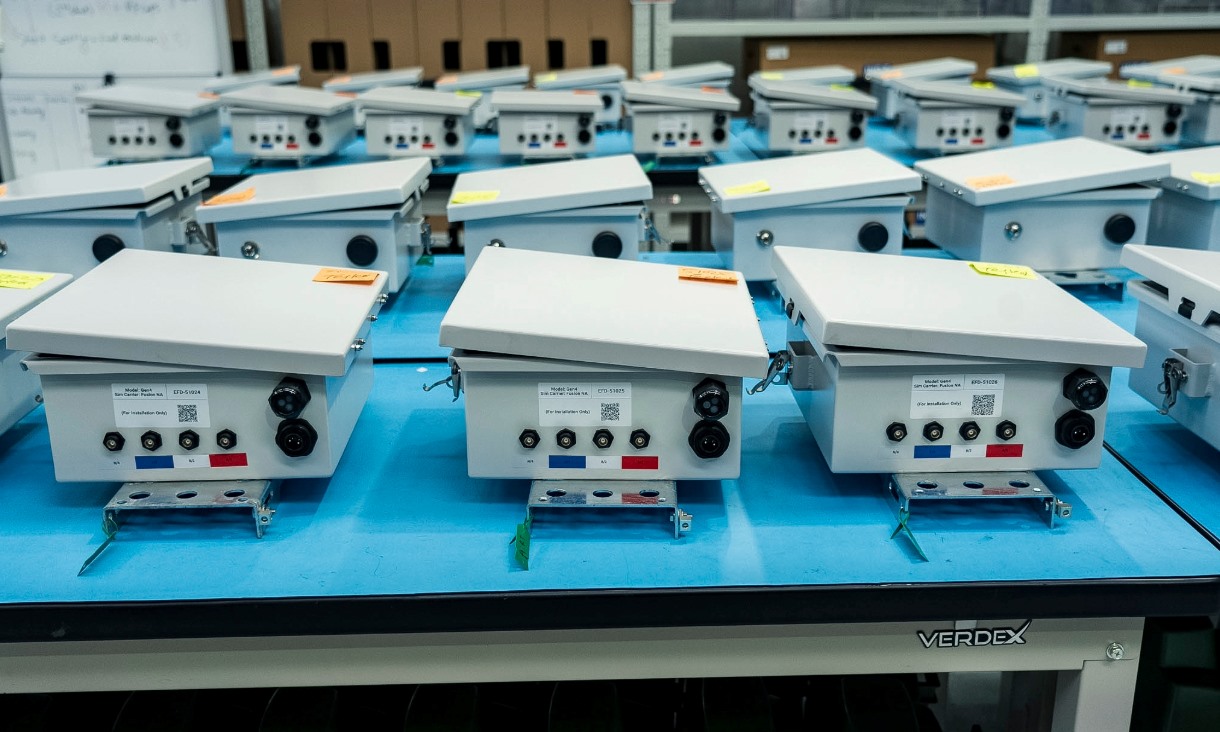What are some alternative ways that we can approach these problems?
Meat substitutes are a great way we can approach some of the issues of both food waste and production – but insects may provide us with another solution.
Like traditional food sources such as meat from livestock, insects are also a great source of protein.
Decomposer insects such as Black Solider Fly can quickly and efficiently digest food waste and turn this into a protein product that can later be used in human food, like flour and protein powder.
This has the potential to provide a full-circle solution with a huge range of nutritional and environmental benefits – but many people are still averse to this food source.
To learn more about how we can use insect products to lower the environmental cost of food production, we first we need to know more about what is and isn’t considered acceptable by the Australian population, when it comes to eating insects.
RMIT PhD student Indee Hopkins is currently conducting research in this area, examining Australians’ attitudes to entomophagy - the eating of insects – through a national survey.
Sounds like we’re going to need a lot of new ideas and solutions to make sure future of nutrition is not just good for us, but also the planet. How do we support the development of that kind of innovative thinking?
From production to plate, the food industry is the largest in the world, meaning there’s a constant demand for graduates who can apply the relevant science and technology knowledge in this field.
That’s why it’s important for our next generation of food technologist and nutritionists to have a solid theoretical base - and that starts at university.
But at RMIT, we don’t just stop at the theory.
Our programs in food science and technology offer the skills to set graduates up for several career paths, from the development of novel food products that meet consumer demands to improving the health of the community through nutrition.
We also provide practical aspects of food technology and nutrition in our state-of-the-art Food Research and Innovation Centre, while offering opportunities for our students to engage in work placements and industry-based projects.










